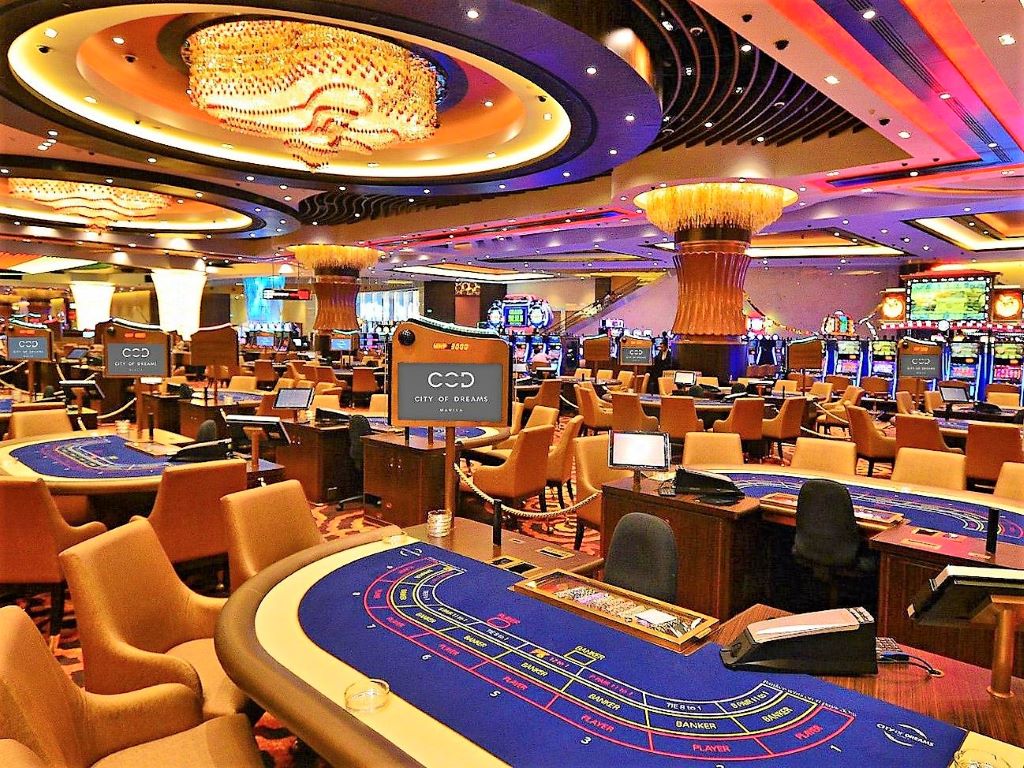
Gambling in casinos has long been a subject of fascination and controversy, attracting millions of players around the world. With a mix of chance, skill, and the thrill of uncertainty, casino games offer an exhilarating escape from everyday life. However, as entertainment becomes ever more accessible, it invites a deeper examination of the morality surrounding these games.
At the heart of the discussion lies the issue of whether casinos promote safe gambling or exploit vulnerable individuals. The appeal of potential winnings versus the truth of losses can create a challenging dynamic, and understanding this balance is crucial for both players and operators. As we delve into the morals of casino gaming, we will explore the responsibilities of casinos, the effects on society, and the steps that can be taken to foster a better gaming environment.
The Impact of Casino Gaming on Society
Gambling in casinos has a notable influence on societal dynamics, affecting not only the economy but also social behaviors and local frameworks. The income generated from casinos can lead to employment opportunities and boost local economies, as they provide various employment opportunities in different sectors including food and beverage, leisure activities, and retail. However, while the economic advantages can be substantial, communities often grapple with the potential negative impacts that arise from increased gambling activity. ga179 xyz
Additionally, the presence of casinos can lead to an rise in gambling addiction, presenting serious challenges for individuals and families. The thrill of casino games can quickly evolve into a compulsive habit, affecting connections with others and leading to monetary issues. Many individuals may struggle with the loss of control over their gambling habits, resulting in a need for assistance programs and help to address this increasing issue. The social cost of addiction can ripple through kinships and neighborhoods, creating an urgent need for sensible gambling approaches.
In addition to the economic and social consequences, casino gaming often showcases cultural attitudes towards uncertainty and entertainment. It can foster a sense of joy and leisure, attracting tourists and boosting tourism. However, this allure may also conceal the wider implications of gambling as a method of entertainment, raising ethical questions about its promotion and accessibility. As communities weigh the benefits and disadvantages of casino gaming, the need for sensible approaches and regulation becomes increasingly critical in ensuring that the beneficial elements are enhanced while reducing the potential harms.
Ethical Issues in Betting Activities
The ethics of gambling gaming often revolve around the potential for dependency and its consequences on individuals and families. Betting can lead to serious monetary distress, impacting not only the betters but also their families. As individuals become caught in the appeal of winning, many lose track of their financial limits, which can result in devastating results such as bankruptcy. This poses moral questions about the responsibility of casinos in promoting safe gaming habits and providing support for those who may be dealing with betting addiction.
Another major issue is the promotion of gambling to at-risk populations. Gambling establishments often target low-income people or communities with the promise of fast rewards, which can perpetuate patterns of poverty and hopelessness. In this context, the morality of advertising strategies used by casinos come under examination, as they may exploit the desperation of people seeking an escape from economic troubles. This manipulation raises moral questions about the honesty of the gambling industry and its obligation to protect its most at-risk patrons.
Additionally, the effect of gambling operations on society as a entirety cannot be overlooked. While some argue that gambling establishments create jobs and stimulate local economies, others point to the community costs associated with dysfunctional gambling, increased crime rates, and a burden on public services. Balancing financial advantages with the risk for community issues presents a complex moral dilemma for policymakers and casino operators alike. The challenge lies in finding a responsible approach that takes into account the welfare of individuals and communities while still allowing for the pleasure of casino gaming.
Oversight Framework and Responsibilities
The oversight structure surrounding gaming games is developed to ensure fairness, integrity, and participant security. Multiple government agencies and casino commissions create and apply regulations that dictate how gaming operations work, the criteria for game development, and the protocols for handling rewards. These regulations change by region but typically involve permit requirements for operators and strict measures to prevent fraud and scams.
In addition to regulatory bodies, casino establishments bear major responsibility in maintaining moral standards within their facilities. They must enforce safe player practices that support player security and awareness, including offering self-exclusion options and offering information about the dangers related to gaming. Operators are also obligated for instructing employees to spot signs of compulsive gambling and understand the correct measures to assist visitors in need.
Furthermore, transparency in gambling operations is crucial for building and keeping public faith. Operators should present clear details about the chances of activities, promotional deals, and any associated risks. By fostering an environment of transparency and responsibility, casinos can help mitigate the likelihood adverse impact of gaming while enhancing the general gambling experience for all participants.
